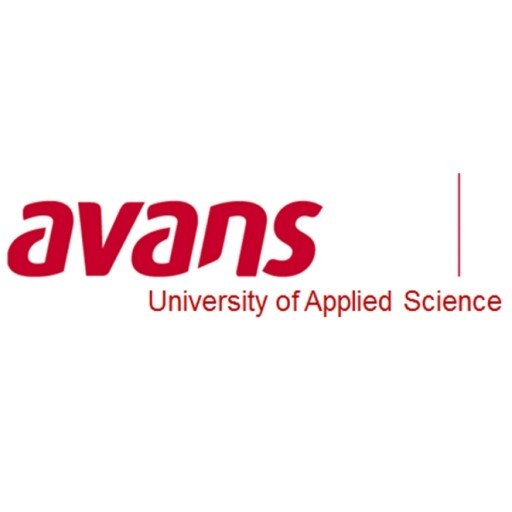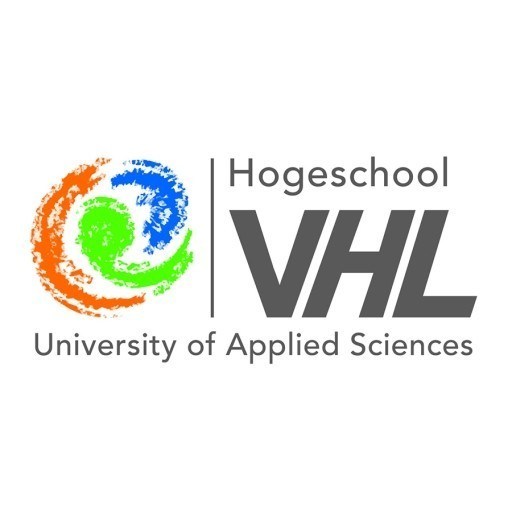Photos of university / #utwente
Biomedical Technology at the University of Twente offers students a comprehensive and innovative education focused on the development and application of advanced technological solutions to improve healthcare and medical practices. This interdisciplinary programme combines engineering, biology, and medicine to prepare graduates to tackle complex medical problems and contribute to the advancement of healthcare technologies. Throughout the programme, students gain hands-on experience with state-of-the-art equipment and techniques used in diagnostics, imaging, medical devices, and healthcare data analysis, equipping them with both technical expertise and an understanding of clinical environments. The curriculum covers fundamental topics such as biomedical engineering, signal processing, systems biology, biomaterials, and medical instrumentation, complemented by courses on innovation, design, and entrepreneurship to foster a mindset geared towards creating impactful healthcare solutions. The programme emphasizes a problem-based learning approach, encouraging students to work on real-world projects in collaboration with healthcare professionals and industry partners. This practical focus prepares graduates for careers in research, development, and deployment of medical devices, diagnostics, or health technology software. Students also have opportunities to participate in internships, workshops, and collaboration projects that enhance their professional skills and industry insight. The multidisciplinary nature of Biomedical Technology at the University of Twente ensures that students develop a broad perspective on healthcare innovations, making them valuable contributors to the evolving biomedical field. Upon graduation, career opportunities include roles in medical device companies, research institutes, hospitals, and startups focusing on health tech solutions. Graduates are equipped to make meaningful contributions to the improvement of patient care and the development of next-generation healthcare innovations.
The Biomedical Technology master's programme at the University of Twente offers a comprehensive education designed to equip students with the advanced knowledge and practical skills necessary to innovate and improve healthcare technologies. This interdisciplinary programme combines principles from biomedical sciences, engineering, and technology to prepare graduates for addressing complex challenges in medical diagnostics, treatment, and patient care. Throughout the programme, students will explore topics such as medical instrumentation, biomaterials, medical imaging, biosensors, and tissue engineering, enabling them to develop innovative solutions that enhance the quality of healthcare delivery.
The curriculum emphasizes both theoretical understanding and hands-on experience, with laboratory work, projects, and collaboration with industry partners central to the learning process. Students have the opportunity to specialize in areas such as medical device development, imaging techniques, or biomedical signal processing, aligning their education with their career aspirations. The programme also fosters entrepreneurial skills, encouraging students to develop their ideas into viable medical technologies and start-ups.
Throughout their studies, students will engage in research projects and internships that provide valuable industry experience and expose them to current advancements in biomedical technology. The programme's innovative approach prepares graduates for careers in medical device companies, research institutes, hospitals, and healthcare technology startups. Furthermore, the programme emphasizes ethical considerations, regulatory aspects, and patient safety, ensuring that graduates are well-prepared to contribute responsibly to the healthcare sector.
With a strong focus on sustainability and societal impact, the programme aims to develop future leaders in biomedical engineering who can create innovative healthcare solutions that are both effective and accessible. Graduates of the Biomedical Technology master's programme will be equipped to make meaningful contributions to the advancement of medical technology and improve patient outcomes worldwide.
Other requirements
Funding for the Biomedical Technology program at the University of Twente is primarily available through a combination of government grants, university scholarships, and financial aid options for both Dutch and international students. The Dutch government offers various student finance schemes, including loans and grants for eligible students, which can cover tuition fees and living expenses. The University of Twente also provides several merit-based scholarships and financial support programs aimed at both domestic and international students demonstrating academic excellence or financial need. These include the Twente University Scholarships, which are awarded based on academic achievement and motivation.
Additionally, students may seek external funding sources such as Erasmus+ grants for European students, or research grants available for students engaging in particular projects or internships within the program. Private sponsorships, foundations, and industry partnerships also offer scholarships or stipends for students pursuing research or specialization in Biomedical Technology. Some students may benefit from part-time work opportunities on or near campus, which can help ease financial burdens.
International students are encouraged to explore additional funding options through their home countries or international scholarship programs. The university’s financial aid office provides guidance and resources to assist students in navigating the application process for these funding sources. Furthermore, the university aims to maintain an inclusive approach by offering financial support tailored to students with diverse needs, including those from underrepresented regions or backgrounds.
Overall, students enrolled in the Biomedical Technology program are supported through a comprehensive network of financial resources designed to facilitate access to education and research opportunities at the University of Twente. The university emphasizes transparency and accessibility in its financing options, ensuring students can focus on their academic and professional development without undue financial stress.
Biomedical Technology at the University of Twente is an interdisciplinary master's program designed to equip students with a deep understanding of the principles and applications of technology in the biomedical field. The program combines engineering, biology, and medical sciences to prepare graduates for innovative solutions in healthcare. Students gain comprehensive knowledge of biomedical systems, medical instrumentation, imaging techniques, biomaterials, and biotechnological processes. A key aspect of the program is its focus on developing practical skills through project-based learning, hands-on laboratory work, and collaboration with industry and healthcare providers. The curriculum emphasizes critical thinking, problem-solving, and research skills, enabling students to contribute to advancements in medical diagnostics, treatment, and patient care.
Throughout the program, students have the opportunity to specialize in areas such as medical device design, biosensors, regenerative medicine, or health technology assessment. The university fosters an entrepreneurial mindset, encouraging students to develop innovative biomedical solutions and translate research findings into real-world applications. The program also offers international exposure through collaborations with global partners and options for exchange programs, enhancing students' global outlook and cultural competence.
Career prospects for graduates include roles in medical device companies, research institutions, hospitals, and healthcare technology industries. Graduates are well-prepared for careers in research and development, clinical technology management, quality assurance, or further academic studies. The University of Twente's strong link with industry and healthcare ensures that students are equipped with relevant skills and knowledge to meet the evolving demands of the biomedical sector. The program also emphasizes ethical considerations and regulatory aspects critical to the development and deployment of biomedical technologies. Overall, Biomedical Technology at the University of Twente offers a robust education in a cutting-edge and impactful field, fostering innovation and excellence in healthcare technology solutions.






